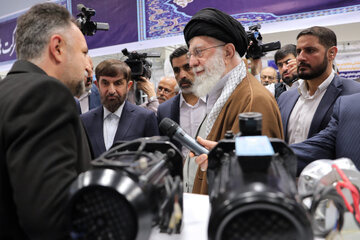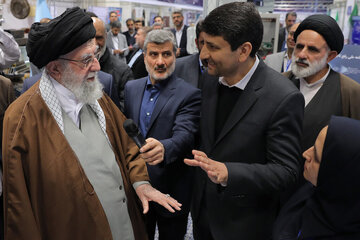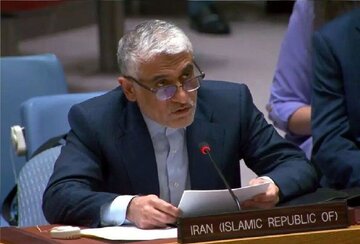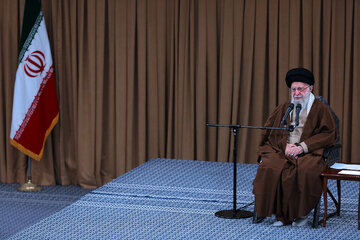AhlulBayt News Agency: The strategy for developing scientific interactions among academic centers can showcase a moderate and scholarly image of Islam on the international stage, an official said.
Head of the Islamic Culture and Relations Organization (ICRO) Hojat-ol-Islam Mohammad Mehdi Imanipour said, addressing the first Int’l Conference of Islamic Studies Research Directors.
This will pave the way for the acceptance of a new Islamic civilization, he added.
The conference began in the holy city of Qom on Saturday, January 25, 2025.
Organized collaboratively by ICRO and Qom University, the conference is hosting 33 international participants, including presidents and department heads from universities and institutions specializing in Islamic studies across 13 countries.
Delegates from Iraq, Pakistan, Bangladesh, Indonesia, Malaysia, Thailand, Afghanistan, Senegal, Tanzania, Kazakhstan, Kyrgyzstan, Turkey, and Russia have joined over 30 representatives from Iranian universities to explore collaborative opportunities in Islamic education and research.
In his speech, Hojat-ol-Islam Imanipour said this conference aims to provide a suitable model for realizing the ideals of the new Islamic civilization.
“Islam has always provided the foundation for dialogue and cooperation through its wise teachings. Islamic sciences should take on the responsibility of managing transformation in life by utilizing the principles of ijtihad and sound reasoning. Sound reasoning must translate this potential into action and bring contemporary laws into fruition.”
He emphasized that academic institutions and Muslim intellectuals can play a significant role in understanding religious thought, offering a correct interpretation and narrative of Islam, and organizing shared academic structures.
In today’s complex world and the rapid pace of social changes, it is considered very important for religious institutions to understand, explain, and promote the issues facing the Islamic community, he noted, adding that there should be serious attention paid to the practical role of Islamic sciences in addressing the challenges ahead.
The cleric said the exchange of experiences, achievements, increased collaborations, and synergies among scientific institutions in Islamic countries is a crucial need of today’s world.
Stressing that Islam represents a scientific capacity for the Islamic community, he said that today, Islam faces destructive currents of extremist and ignorant approaches from within, as well as anti-Islamic movements from outside the Islamic world.
“In this context, academic institutions and centers responsible for promoting Islam play the most significant role in presenting the true face of Islam based on wisdom and rationality.”
Imanipour went on to say that the conference can facilitate the sustainable development of scientific studies and capacity-building in educational activities within the field of Islamic sciences.
He noted that the conference aims to examine and exchange experiences among academic and research centers in the realm of Islamic studies to find appropriate responses to global issues.
He said Iran has made significant advancements in Islamic sciences over the past few decades, as evidenced by the number of works and scholarly articles published in international journals. “However, these produced theories have not been adequately introduced to the international arena, and it is hoped that this meeting will provide an opportunity for scientific interactions and the promotion of these theories to the world.”
...................
End/ 257






Your Comment